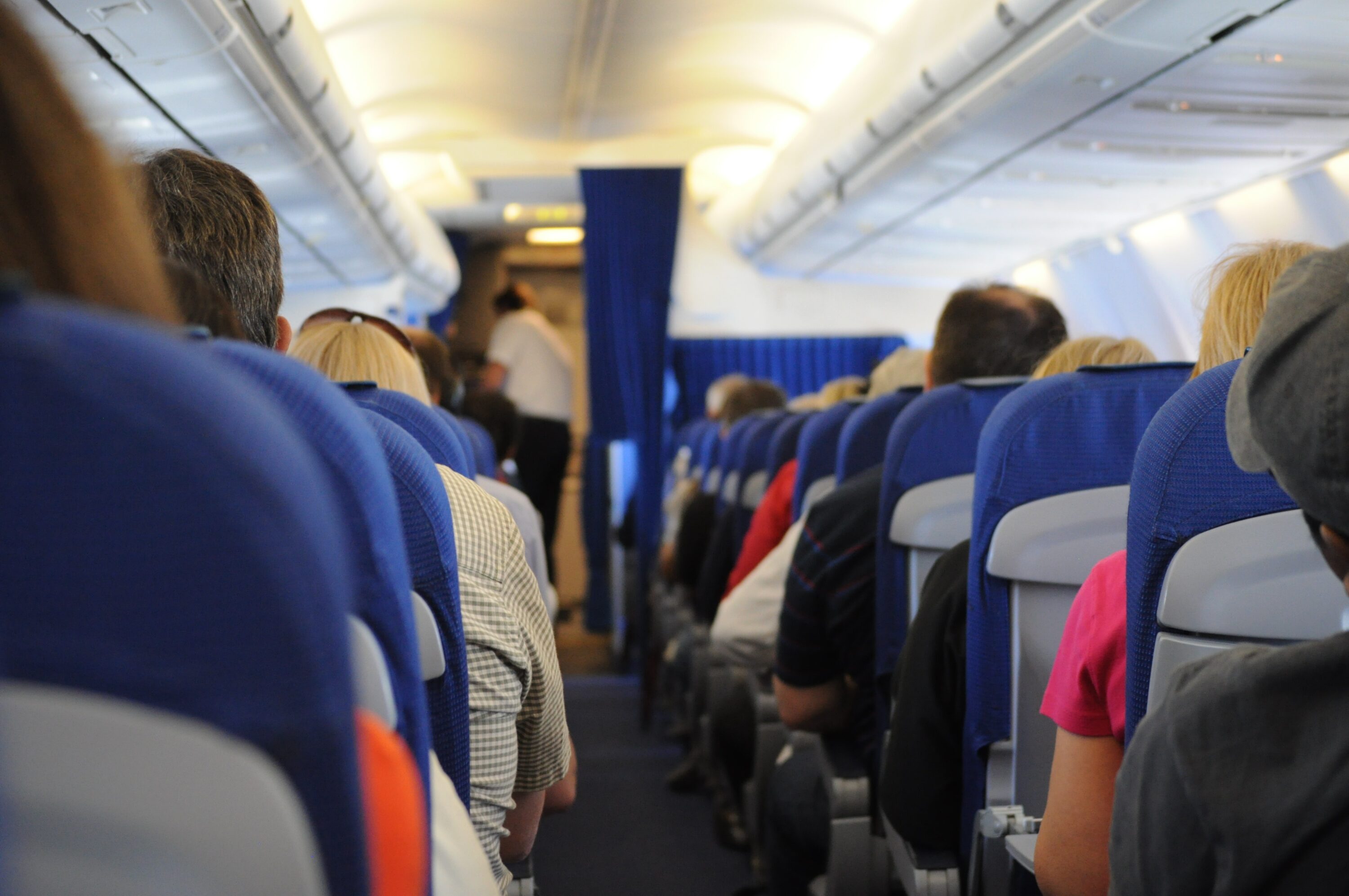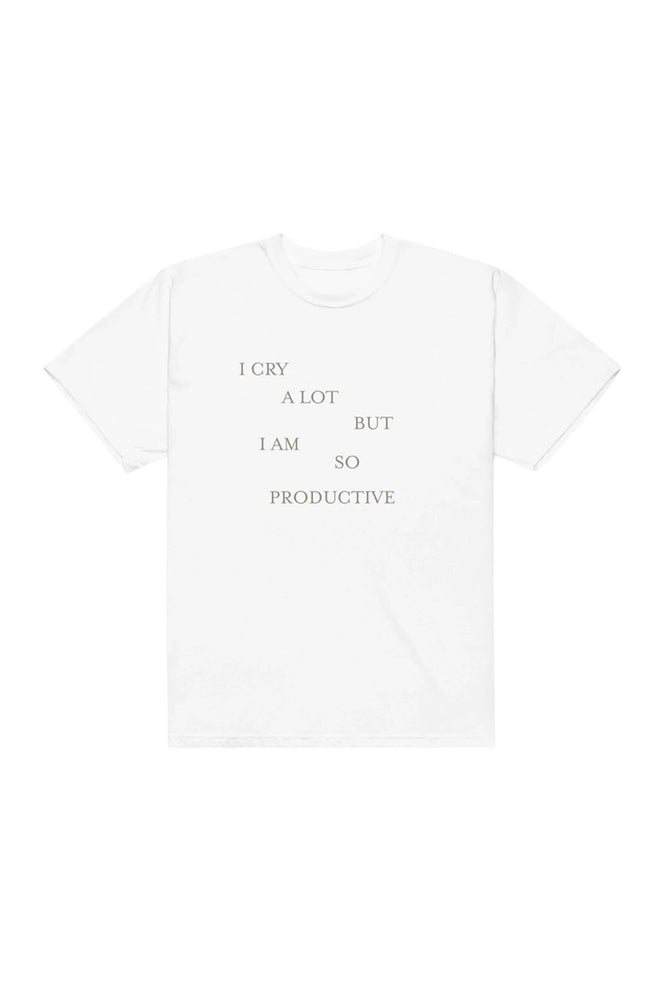If you’ve recently watched the news, listened to the radio, or heard a terrified old woman in a Best Buy warning her kid not to take her mask off because she might die (like I did the other day), then you know the Coronavirus is a super hot topic RN. WTF is the Coronavirus, anyway? Well, coronaviruses have existed before this year, but the newest strand of the virus, COVID-19, is what’s been freaking everybody out since it hasn’t been previously identified in humans and doesn’t have a treatable vaccine or antiviral therapy yet. According to Cassie Majestic, MD, the Coronavirus is a common virus that typically “presents as a respiratory illness consistent of cough, fever, and shortness of breath and can appear from 2-14 days after exposure.” She adds, “Symptoms range from mild to severe. These symptoms can progress to pneumonia, fluid buildup in the lungs, and stress on other organs such as the kidneys.” Yikes. And if you’ve kept any sort of tabs on COVID-19, you know this sh*t is basically all over the world, and people, especially travelers, are freaking out. So if you’re traveling anytime soon, what should you know to stay as safe and healthy as possible? We spoke to Cassie Majestic, MD and Eudene Harry, MD to get the lowdown.
Which Travelers Are More At Risk?
Old people? Babies? People who don’t wear masks? WHO’S AT RISK HERE? “Travelers over the age of 50, those with chronic illness, and those with compromised immune system may have a higher risk of contracting and getting sicker from any virus, including the [new] COVID-19 strain,” warns Eudene Harry, MD, who’s board certified in both Emergency Medicine and Holistic Integrative Medicine. Believe it or not, she says being in an airplane may not increase your risk as much as you’d think. “Based on research, using the flu model, your risk of contracting a respiratory illness on an aircraft is very low. To be at risk, you’d most likely have to be sitting directly behind, in front of, or right beside the infected person,” she explains. Thank god, because the chorus of sniffling kids on my recent flight made me veryyy nervous. Dr. Majestic adds, “patients who are immunocompromised, elderly, or have other complex medical conditions are typically at higher risk for a poor outcome” (aka getting the virus or presenting worse symptoms of it).
Should You Reschedule Your Vacation?

I just flew to California last week and I’m still alive to write this article. I’m also heading to Quebec in a couple of weeks. IMHO, I’m not going to let this outbreak stop me from living my life, but less skeptical people are debating canceling their upcoming trips. So is that smart, or an overreaction?
It depends on where you’re going. “The CDC has established areas that it recommends that you do not travel to unless it is necessary. So far, these areas are Iran, China, Korea, and Italy,” says Dr. Harry. “These areas seem to currently have the most amount of active transmissions. The CDC has classified these countries as Level 3 areas of concern and recommends rescheduling visiting these countries, if possible.”
Dr. Majestic also suggests regularly checking your flight status and airline website for Coronavirus updates, airline tips, and restrictions that are being modified on the daily. “Consider postponing travel to countries with a significant number of outbreaks. I only say this because you risk being exposed and/or infected and then seen as high risk when you return to your home location. This could, in turn, lead to request for quarantine and days off from work without pay or disruption in your daily schedule.” So you’re saying I could go on vacation and then get another 14 days off work? Hmmm….
In all seriousness, if you’re supposed to visit any of those spots in the near future and you may be more susceptible to COVID-19, maybe consider like… not going until the hype dies down? But whether you wanna play it safe or play a game of serious Risk is up to you.
How To Stay Safe While Traveling RN
If you can’t cancel or reschedule your trip, or you just don’t want to, don’t go into a stress spiral (not at all speaking about myself). “Do yourself a favor and be aware of any restrictions in the area you are traveling to and how you can be best prepared,” says Dr. Majestic. Here’s what you can do to reduce your odds of contracting the Coronavirus during your travels.
1. Practice good hygiene.

There’s a lot more to “good hygiene” than regularly showering. “This means washing and sanitizing (with an alcohol-based sanitizer of at least 60%) your hands often. It’s also helpful to wipe down any public surfaces you may be using, especially if you’ll be eating there,” says Dr. Majestic. Dr. Harry adds that you should be washing your hands frequently with soap and water for AT LEAST 20 seconds. So sing your ABCs or the “Happy Birthday” song at least twice and get those hands clean.
2. Avoid touching your face.

Especially your mouth, nose, and eyes. “Refrain from touching your mouth or nose at any time, unless your hands are clean,” warns Dr. Majestic. “[The virus is] spread through respiratory droplets coming in contact with mucosal surfaces. It’s not spread by simply breathing in the same air as someone else,” says Dr. Harry, which flawlessly leads us to our next tip…
3. Don’t wear a mask.

Yup, you read that right. Both docs do NOT recommend wearing a mask to prevent catching the virus, so don’t worry about the mask shortage everyone’s flipping out about. “CDC does not recommend wearing masks to prevent getting the disease. In fact, there’s concern that this may have the opposite effect,” explains Dr. Harry. “People wearing masks tend to fidget with the mask, thus frequently bringing their hands in contact with the face. Also, most masks are designed to keep droplets in, not keep them out. So, masks are best worn by people with an illness.” Only wear a mask if YOU are sick. Otherwise, don’t do it.
4. Keep your distance from sick people.

Stay FAR away from anyone constantly sneezing or hacking up a lung. “Maintain your distance (approximately 5-6 feet) from those who are coughing or sneezing. If you cough or sneeze, do so into a Kleenex or into a flexed elbow,” says Dr. Majestic. First of all, you should be doing this anyway. Avoiding crowds can help, too. Hate people? Perfect. All the more reason to voluntarily quarantine yourself for the sake of ~good health~.
5. Drink plenty of water and get plenty of rest.

Keep your immune system high by resting and hydrating as much as you can before, during, and after your trip. All the more reason to nap and drink (water, not margaritas… sorry).
Moral of the story: stay safe out there. And “if you experience respiratory symptoms and fever, and have traveled to an area with coronavirus outbreak or have close contact with someone who has traveled to these areas or tested positive, you should seek medical care for testing,” says Dr. Majestic. Don’t be a hero; if you feel sick, stay home. If you travel anytime soon, may the healthy odds be ever in your favor. (Wish me luck.)
Images: Pexels, GIPHY (7)









































